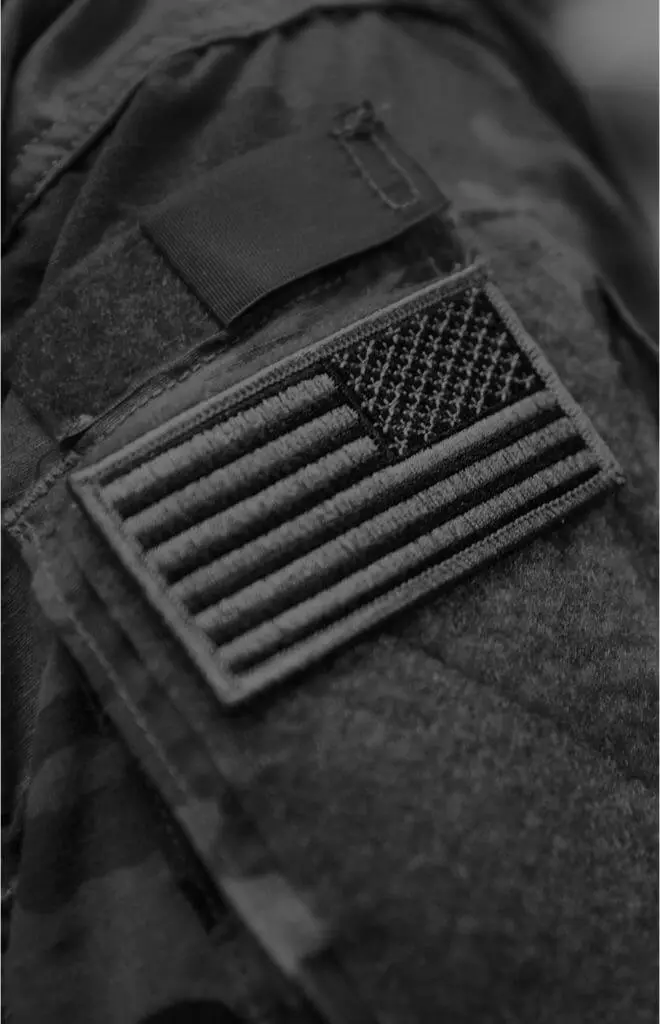
Article 15 Attorneys
When Discipline Comes For Your Rank and Money
Nonjudicial punishment under Article 15, Uniform Code of Military Justice, can result in loss of pay, rank, and freedom. At times like these, you want an experienced team on your side.
When your command launches an investigation that reveals some criminal allegations, they may choose to offer you nonjudicial punishment under Article 15, UCMJ. In those circumstances, you have a critical decision to make. You can accept nonjudicial punishment (NJP) and put your position and paycheck at risk. Or you can reject/”turn down” NJP and demand trial by court-martial. In either case, you need some military justice experts to examine your case and help you make the best decision.
Article 15 / Nonjudicial Punishment can reduce your hard-earned paycheck and ruin your established career. At The Military Defense Firm, we help clients with these cases every day. We prioritize a robust investigation of your case, gathering information in your defense. We also closely analyze the law and help you determine whether it is in your best interest to accept or reject nonjudicial punishment. With your future on the line, you want an experienced military justice team on your side.

Our Process
1. Robust Investigation
We prioritize a comprehensive investigation of the allegations against you, interviewing witnesses and gathering key facts in your defense.
2. Critical Legal Analysis
We closely review the allegations and all defenses, helping you determine whether to accept or reject nonjudicial punishment.
3. Presenting Your Case
If you accept nonjudicial punishment, we help you with a persuasive, well-researched, and thorough response, giving you the best chance at minimizing damage to your career.
4. Key Follow-Up
If you reject or “turn down” NJP, we follow-up with your command to determine whether a court-martial will actually be pursued. If you accept NJP, we help you determine whether an appeal is appropriate.
The Article 15 / NJP Process
The first step in the Article 15 / NJP process is for the commander to serve you with the charges and a copy of the evidence against you. You have a right to examine all statements and other evidence that the commander has examined and intends to rely upon in arriving at a decision as to whether to impose punishment, and the type of punishment to be imposed. Members are normally provided a copy of the documentary evidence unless the matters are privileged, classified, or otherwise restricted by law, regulation, or instruction.
The second step is for you, the member, to decide whether to accept nonjudicial punishment. If you accept nonjudicial punishment, you are not necessarily accepting guilt. Nonjudicial punishment is simply a “forum” for deciding your case — you are choosing to allow your commander to decide whether or not you are guilty and, if your commander finds you guilty, what type of punishment is required. Thus, if you accept nonjudicial punishment, your commander becomes your jury. You can also reject nonjudicial punishment and demand trial by court-martial. Because requesting a court-martial is a very serious decision, you need an experience military justice team on your side.
Possible Punishments under Article 15 / NJP
In general, if your commander finds you guilty during nonjudicial punishment, he or she can impose a reprimand, forfeitures of pay, reduction in rank, restrictions and/or extra duty. With these possible punishments, it is important that you submit a persuasive and professional response. Our team can help you do that!
Demanding Trial by Court-Martial
The decision of whether to reject / “turn down” nonjudicial punishment is critical, because your command could pursue court-martial charges if you do so. The team at The Military Defense Firm handles decisions like this every day, and we are here to help you make the right choice. There are many positives and negatives to this decision, and it’s important that your legal team reviews the evidence, understands the law, and helps you make an educated decision.First and foremost, it is important that you get the best defense attorneys working on your case as soon as you can after a conviction. There is a deadline for filing a notice of appeal, and if you miss that deadline, your chance to appeal may be lost.
However, it is also important to know that appeals take times. The service courts (like the Air Force Court of Criminal Appeals) may take a year or two to decide your case. If you then appeal to the Court of Appeals for the Armed Force, your appeal may take another year or two to be finalized.
The Military Defense Firm is dedicated to being there with you at every step along the way.
Presenting Your Defense
Presenting a defense in Article 15 nonjudicial punishments proceedings requires hard work and attention to detail. At The Military Defense Firm, we prioritize a robust investigation of your case so that we fully understand the facts and the law. We can then assist you in providing the most persuasive defense to your command, to include evidence in your defense and matters that could reduce your punishment. You want an experienced team to help you with this critical presentation.
